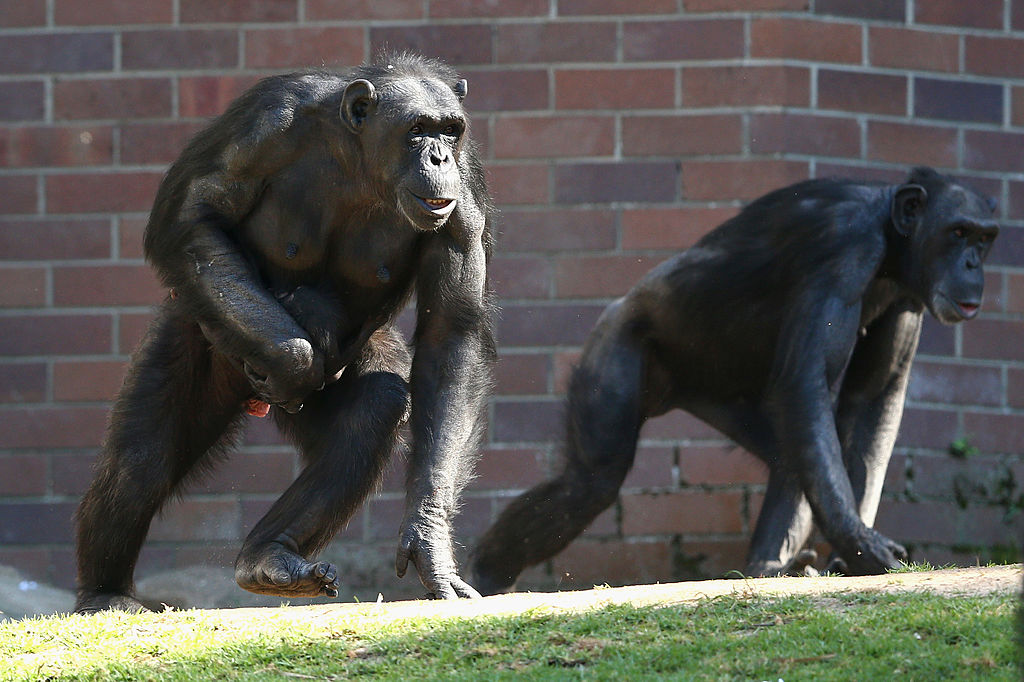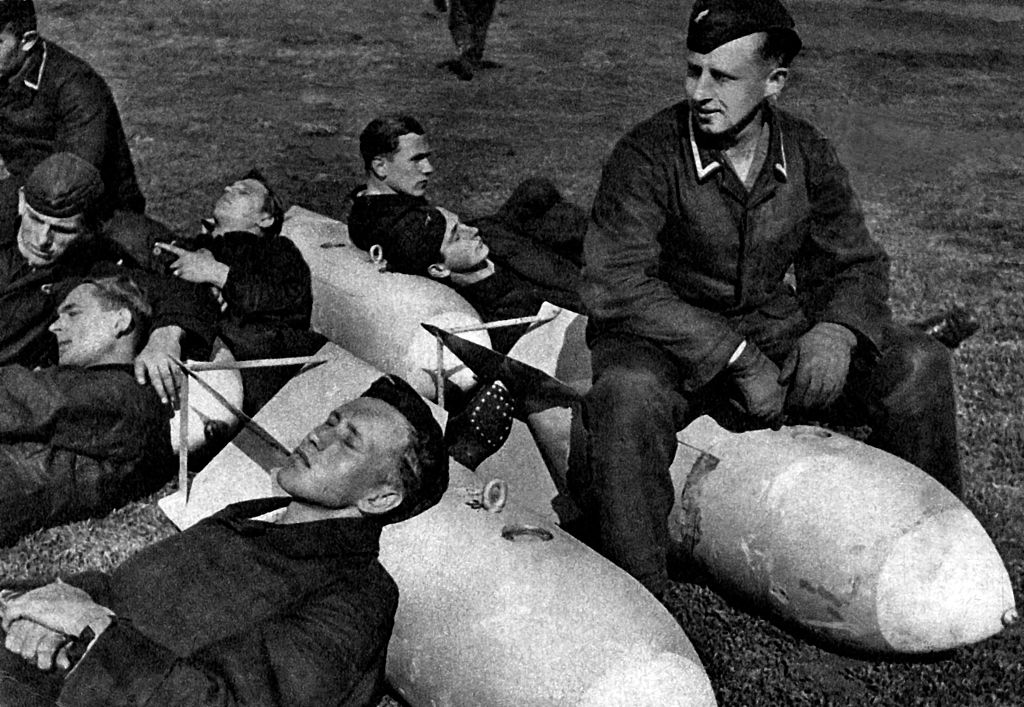Sir Keir Starmer, the British prime minister, is starting to slide the United Kingdom back into the EU. The first move is dressed up as subtle, but there it is: an offer to Brussels to come back into the EU by agreeing to all the European rules and taking decisions from the European Court of Justice.
I suppose I should be angry, or at least be having a moment of “I told you so”, but I am no longer bothered. I have been involved in the job of analysing the EU since I was a Churchill Fellow studying what was then the European Community. From the start I saw that so-called “Europe” was designed to be anti-democratic, anti-national. It still is. The United Kingdom should never have joined it, and the vote to leave in 2016 was magnificent.
Except that most of the leaders of the UK either did not really want to leave, so once the UK was out they did nothing (David Cameron), or they stayed confused wondering what exactly they should do (Theresa May). Brexit politicians did want to leave but did not understand the EU (Boris Johnson, because he could not be bothered to do the homework and find out), or indeed what position Britain would be in once it was completely out (all Tory leaders since, and Keir Starmer now).
The latest example of this Tory ignorance came on December 15 when a former Conservative cabinet minister was on national British radio praising Brexit, saying the Brexit vote was about “that deep sense of not wanting anyone else to tell us what to do, not wanting to be beholden to any separate or outside group, particularly not non-elected things like the European Council, who tended to treat Britain for decades with a total distaste and indifference. Our country has its independence, what’s not to like?”
Please tell me you saw enough in that to make you want to lay your head down on your desk and sigh (and we will pass for now the fact that the Tory seemed be confusing the European Council with the European Commission). Britain is out of the EU, but to imagine Britain is not beholden to any separate or outside group – good grief, start with the easy one, the European Court of Human Rights, the utterly-outside operation based in Strasbourg which has ultimate control over how the UK treats its migrants and much else, and no, it is not part of the EU.
More, however, and few British will have ever heard of this, there is UNECE. It is the United Nations Economic Commission for Europe, founded in 1947, and despite the name it has 56 members from Europe, America and Asia. Many of the EU regulations which Britons hate actually originated in UNECE. They make the regulations wholesale, then give them to the European Commission, who retail them to member states. Here is a loose run through of what UNECE covers: trade, transport, urban development, housing, land, economic cooperation, population, and on it goes. Boil it down to what UNECE says is its primary aim: “pan-European economic integration.”
And not one Briton in a hundred has ever heard of UNECE, but the UK is locked into it and is taking its regulations. Only difference is that the regulations do not get filtered through Brussels. But same regulations.
Then there is the World Trade Organisation (WTO). It is based in Switzerland and regulates international trade. It is one of the organisations from which global rules come. Brexiteers might imagine – “independence!” – the UK can get by without the WTO, but the only countries I know that don’t belong to the WTO are Iran, North Korea and the Vatican. WTO agreements cover goods, services and intellectual property. Again, many of their agreements are fed directly to the European Commission who retail them to member states. If you see anything dressed up as “EU regulations,” read the list of contents and you will see who really drew up the rules.
Same for the International Maritime Organisation (IMO), which regulates maritime transport (how detailed? Right down to what sort of paint you are allowed to use on your 15-ft boat in the local harbour), same for the Food and Agriculture Organisation of the UN (FAO). Run through the organisational chart of the FAO and it is like a European Commission shifted to Rome HQ: strategy, legal office, investment centre, techniques in food and agriculture, animal production and health, forestry, food safety, markets and trade division, food safety, and on and on. The FAO, now with 195 members, has been putting out this stuff since 1945. They churn out the regulations, and the EU retails them to member states. Also to “independent” states such as the UK.
On it goes, from one organisation to another, all of whom claim the UK as a member. Which brings us to a point which the EU historian, Dr Richard North, made during the Brexit campaign. What Britons don’t understand, he said, is that they are locked in a coffin marked “EU.” They can fight their way out, but then they will see that the EU coffin is locked inside another coffin.
Of course, if British diplomats and bureaucrats were smarter, they would get into the endless meetings of these organisations and start making deals that would help British trade. But somehow that never happens. It comes from a long tradition bred in the decades they shuffled from London to the EU quarter of Brussels: they go along with whatever is fashionable among those who want to be “above” national interests.
Now Keir Starmer’s government is going to stir up what is left of the Brexiteers with his slide back into EU powers. I wish the Brexiteers well, but the thing is, if Starmer takes the UK back in – as far as control from Brussels happens, even if not in fact as official members of the EU – I have to wonder if the Brexiteers will even notice. No British politicians made much of British independence since cutting free from the EU. A few trade deals with the East which could, maybe, eventually, be worth something. But anything else? Not really.






The Greens are fading now, but I was in Germany with them at the start